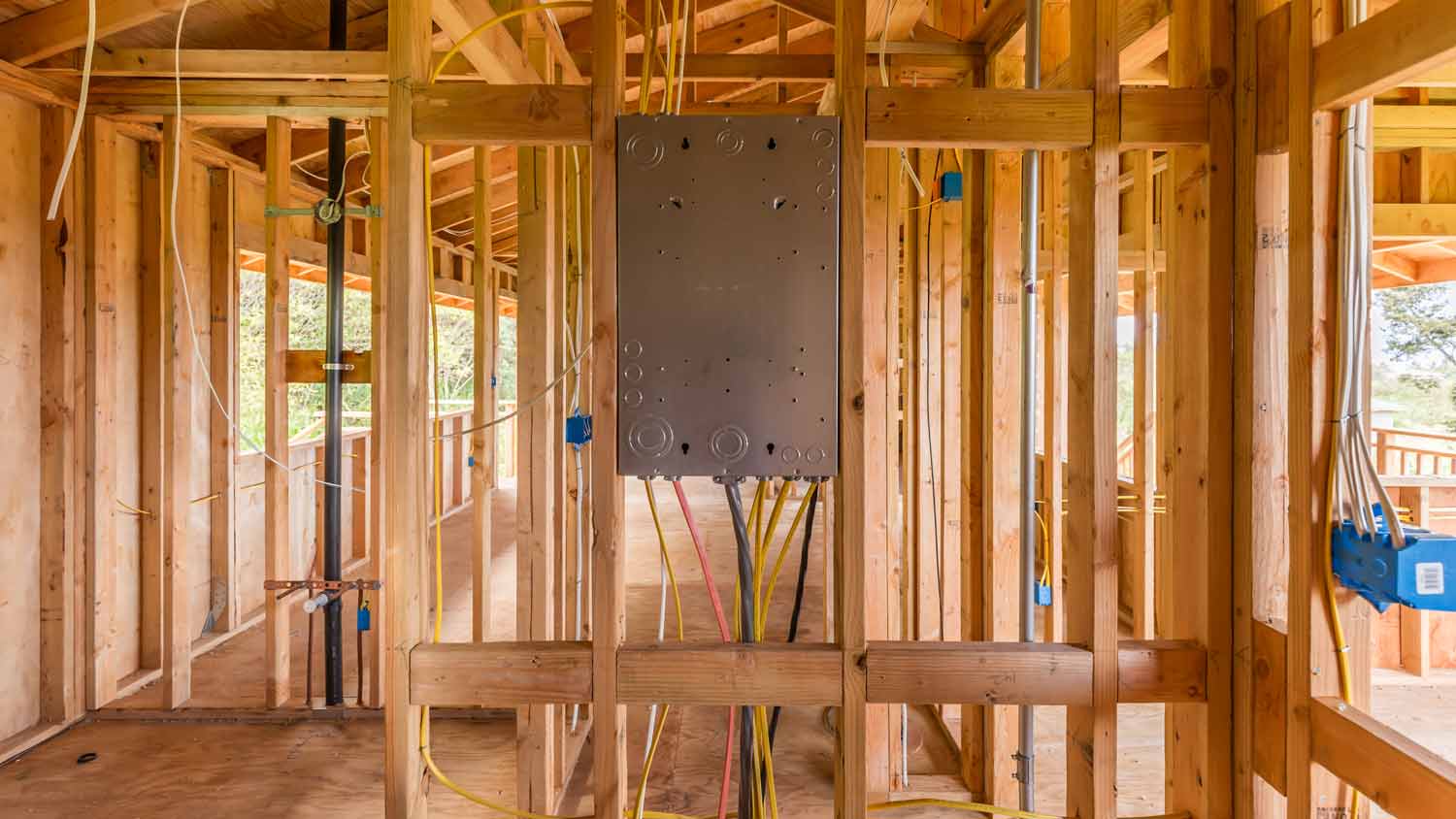7 Questions to Ask About Electrical Wiring for a Home Addition or Remodel
Spark up a good conversation
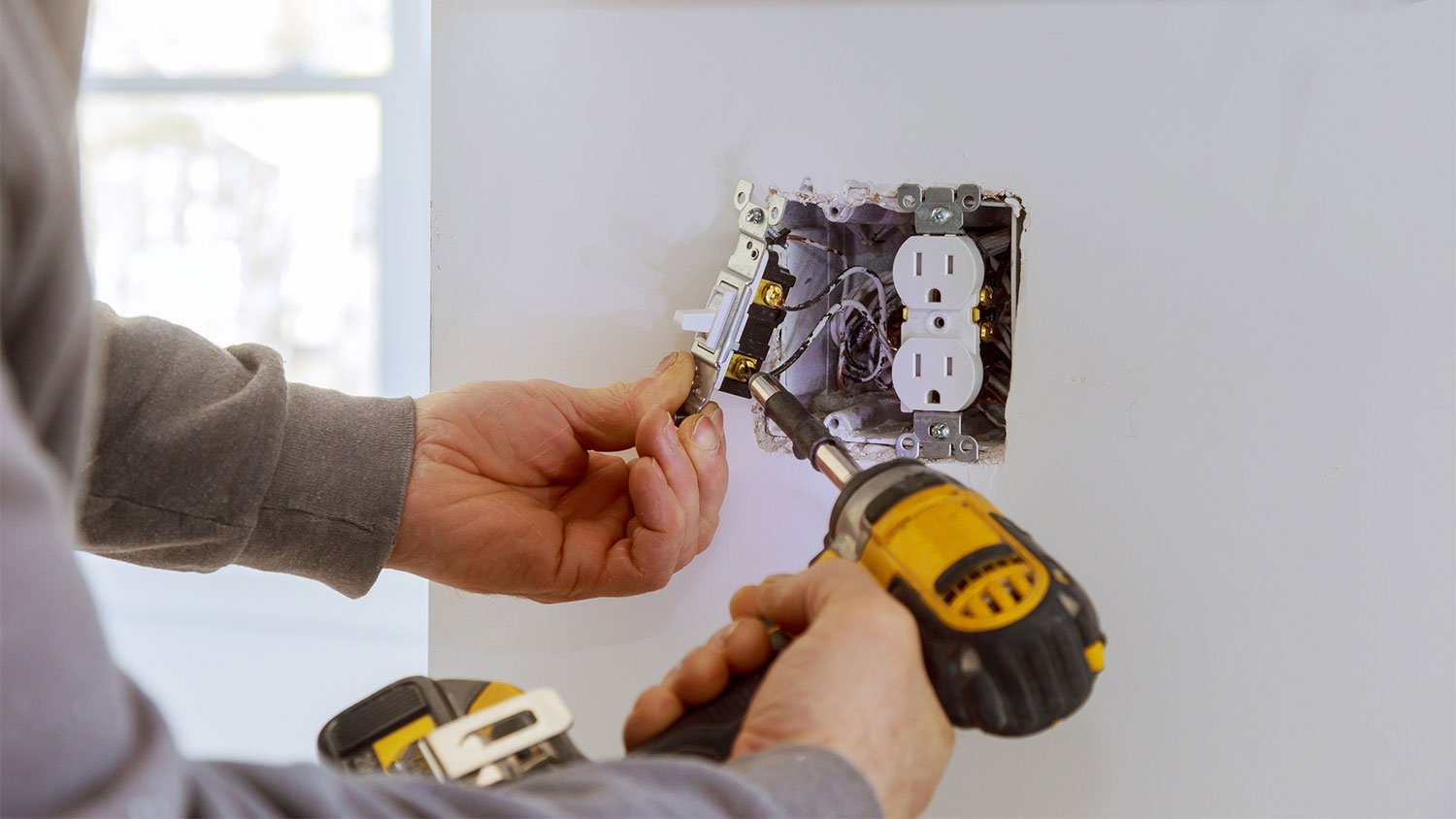

Whether you’re renovating your kitchen or adding a bedroom, electrical work plays a big role in how you function in and enjoy your space. Before you get started, think about your vision for fixtures and outlets, and consider how the electrical components factor into the rest of the project. Here are seven electrical wiring questions you can expect to discuss with a licensed electrician or general contractor.
What kind of electrical service do you need?
The design phase of a new space is the perfect opportunity to decide what you want from an electrical standpoint. Consider all the fixtures and functions that need electricity, including types of lighting, home theater setups, and outlets. Think about potential decorative elements, such as plugging in Christmas lights above a mantle or adding wall sconces on either side of your TV. Decide if you want dimmers, ceiling fans, or outlets in specific locations, like next to your bed for charging your phone. With a clear picture of your electrical needs, your contractor can better plan your project and provide accurate quotes.
If you’re unsure about specific design elements, ask your licensed electrician for their recommendations. A professional can guide you on best practices and locations for everything electrical.
Where is the remodel or addition located?
Your contractor will want to know how easy it is to access the space for electrical work and what equipment and materials they’ll need. Will the contractor need to open up an entire wall to run wires, or can they reach the room from an unused basement or attic space? If dampness or water could reach the electrical components, such as in a basement reno or bathroom remodel, the pro will need to install GFCI outlets.
When do you need the electrical work done?
In a typical remodel project, the electrician runs wiring after the framing but before the drywall. After the drywall is in, the electrician returns to complete the finer portions, such as installing light fixtures and outlet covers. Be ready to share your renovation timeline with your electrician so they know when to schedule your project.
Can your home’s electrical load support the project?
Your contractor will assess your home’s current electrical load to determine if it can support the remodel or addition. Your electrical panel might be adequate to handle the extra power demand, or you may need to add a secondary panel, increase your service, or add more circuit breakers. Now’s a good time to discuss any other electrical needs you want to add to your home, such as power for a hot tub or an electric vehicle charger.
Do you want any other electrical upgrades at the same time?
While a licensed electrician is on-site for your renovation project, it’s smart to capitalize on the opportunity to save on cost and time. Consider other electrical upgrades you want around your home, such as better lighting in your living room, an outdoor outlet, or USB charging ports for your existing outlets.
Are you flexible if they need to turn off your power?
In many cases, an electrician can work their magic without turning off the power to your house. However, the power may need to be out for a few hours to a whole day for electrical service upgrades. Think about the best times for an outage for you and your family.
What is your budget for electrical work?
The average cost of an electrician for a minor job is $150 to $600, while more complex jobs range from $2,000 to $10,000. The price depends significantly on the type and amount of work. Consider how much you want to spend, but get at least three quotes from local electricians to ensure you get a fair price for the job.

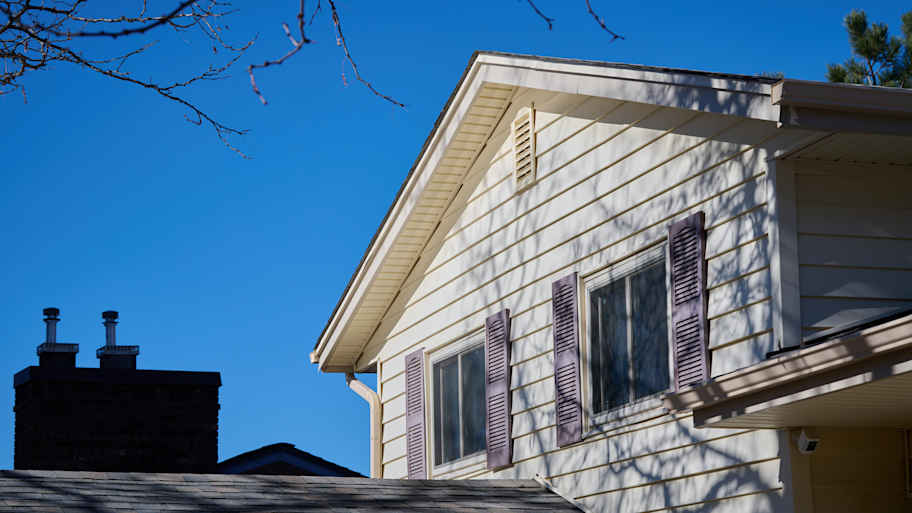
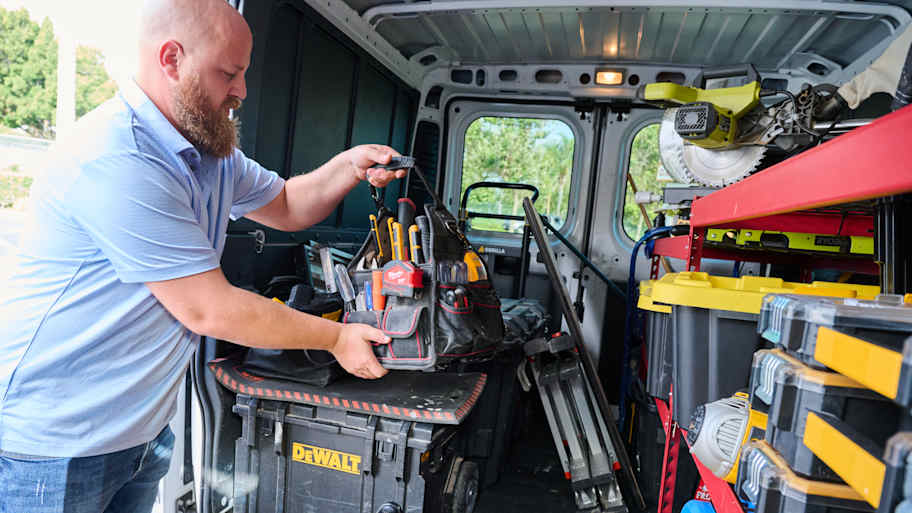
.jpg?impolicy=leadImage)
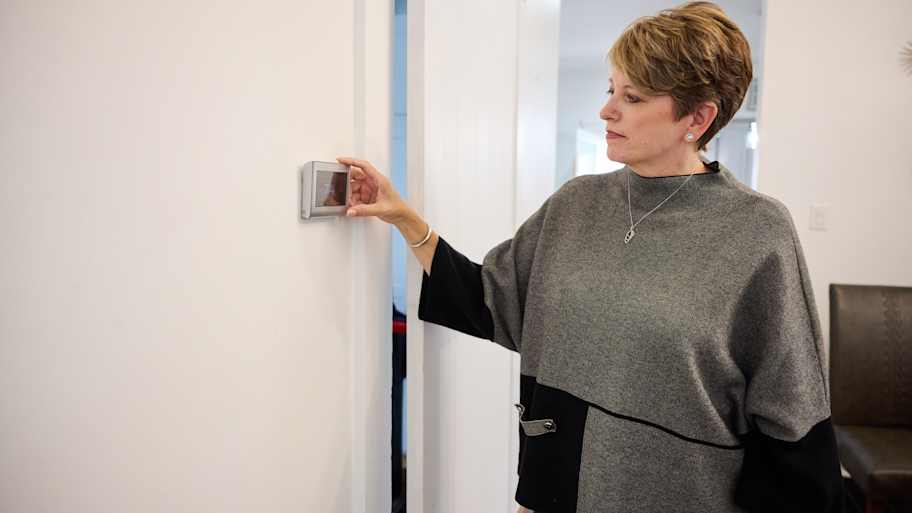
- Home Generator Repair
- Lamp Repair
- Electric Repair
- Generator Installation
- TV Antenna Services
- Emergency Electricians
- Commercial Electricians
- Attic Fan Installation
- Attic Fan Repair
- Exhaust Fan Installation
- Electric Inspectors
- Subcontractors
- Electrical Construction
- EV Charger Installer
- Chandelier Installation
- Doorbell Installation
- Bathroom Fan Installation
- Ring Installers
- Electrical Panel Upgrade







